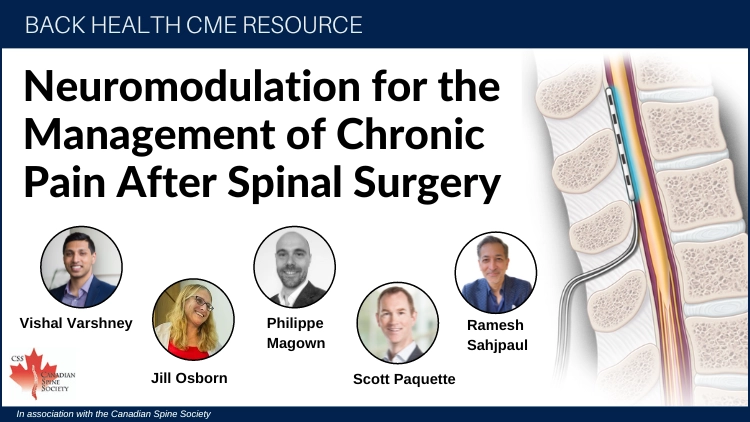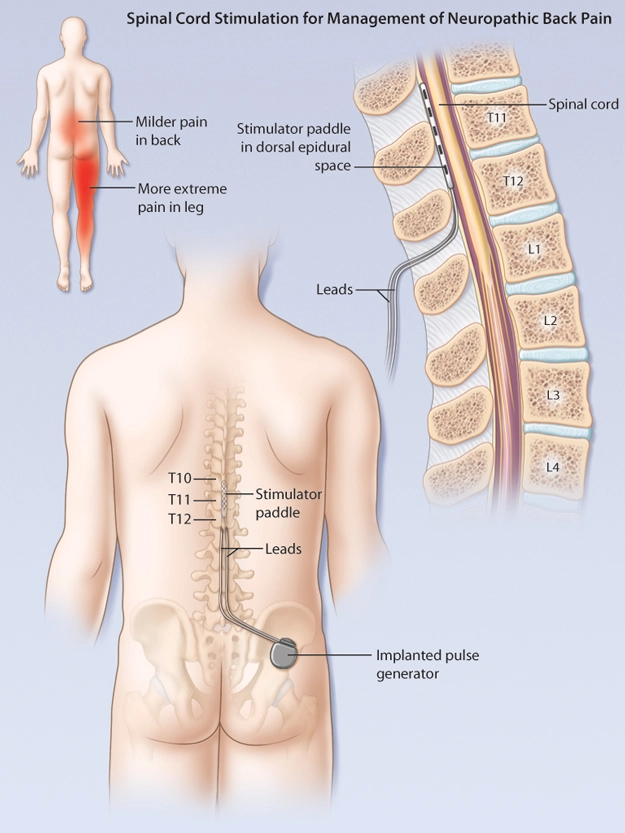#35: Elder Abuse
Dr. Marina Malak is a family physician in Mississauga, Ontario and a lecturer and faculty member at the University of Toronto. She is actively involved in medical advocacy, and is a board member of the Mississauga Primary Care Network. She is also a member of the National Committee of Continuing Professional Development at the College of Family Physicians of Ontario, and a member of the Research Ethics Board at Trillium Health Partners.
She is passionate about patient care; medical education; and promoting mental, physical, and emotional wellness. She enjoys reading, writing, public speaking, puzzles, doodling in her bullet journal, and creating drawings on Procreate.





